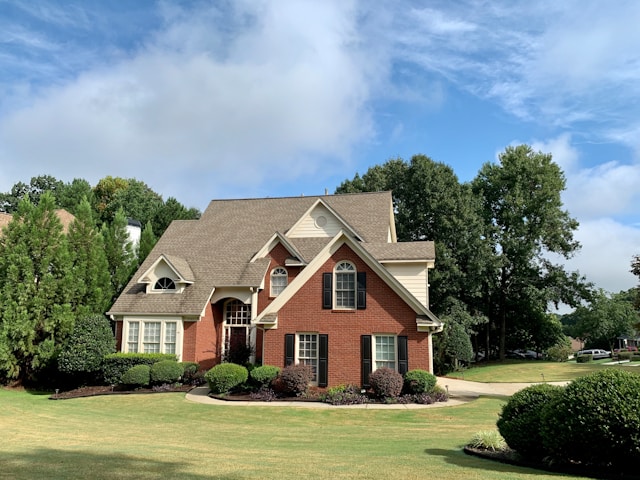Blog
Construction trends in 2024
The year 2024 brings many innovations in the construction sector, which reflect the growing needs related to energy efficiency, sustainable development and modern technologies. So what technology should be used to build a house for 2024? Let’s check out the top construction trends for the year ahead, including prefabrication, sustainable construction, and the use of artificial intelligence, which are changing the way we build and manage real estate.
Table of contents
- What technology to use to build a house 2024? Prefabrication and modular construction!
- Sustainable construction
- Trends in single-family housing – energy efficiency and zero emissions
- Modern building materials
- Integration with green energy technologies
- Artificial intelligence and BIM technology
- Home Construction Technologies 2024: Conclusion
What technology to use to build a house 2024? Prefabrication and modular construction!
One of the most dynamically developing trends is prefabrication, especially wooden, which allows for a significant reduction in construction time and costs. Prefabricated elements are manufactured under controlled factory conditions, which minimizes construction waste and allows for precise workmanship. Such technology is a response to the lack of skilled labor and rising labor costs. It is therefore not surprising that prefabricated houses will be more and more visible when choosing a house construction technology 2024.
Modular construction, on the other hand, which involves the assembly of ready-made modules on the construction site, is also gaining popularity. This allows construction work and foundation preparation to be carried out at the same time, reducing project completion time.
Sustainable construction
Another important aspect is the pursuit of sustainable construction. Consequently, energy-efficient houses are in line with the trends in single-family and public housing 2024. Investors are increasingly paying attention to the environmental impact of buildings, which translates into the popularity of green roofs, which not only absorb CO2, but also improve the thermal insulation of buildings. In addition, green roofs in prefabricated construction help manage rainfall, reducing the load on sewer systems.
Trends in single-family housing – energy efficiency and zero emissions
According to the Energy Performance of Buildings Directive (EPBD) adopted in 2024, Polish construction should strive to achieve climate goals. This requires reducing emissions and increasing the use of renewable energy. As a result, technologies such as photovoltaic panels, heat pumps or recuperation systems are becoming a standard in modern single-family housing.
In that case, what technology to use to build a house 2024? Get interested in a zero-emission house! What is it and how much does it cost? You will find out on our blog!

Modern building materials
In 2024, the construction of single-family houses will be dominated by innovative materials such as aerated concrete and wood. Aerated concrete provides excellent thermal and acoustic insulation, which translates into higher comfort of living. Wood, on the other hand, gives buildings a natural, aesthetic look and is easy to process, which makes it an ideal material for building ecological houses.
Integration with green energy technologies
Growing environmental awareness and climate change mean that the construction industry is increasingly reaching for renewable energy sources. Photovoltaic installations are becoming an integral part of modern buildings, not only providing energy, but also improving their energy efficiency. New buildings are designed to be able to integrate solar panels, which has both an aesthetic and practical function.
Artificial intelligence and BIM technology
Finally, we cannot forget about the ubiquitous artificial intelligence. The use of AI in construction is growing, especially in combination with BIM (Building Information Modeling) technology. AI enables precise risk assessment, process automation, and monitoring of the operation of systems in the building, which translates into greater efficiency and safety of construction projects.
House construction technologies 2024 – conclusions
The year 2024 in the construction industry brings many innovations and new technologies that allow for a more efficient, ecological and sustainable approach to the construction of single-family houses. Prefabrication, modular construction, green technologies, energy efficiency and advanced tools are the foundations of 2024 house construction technologies that respond to the challenges of the modern world.
Thanks to the use of modern technologies and materials, it is possible to build houses that are not only comfortable and aesthetic, but also environmentally friendly and economical to operate. Investors and developers who keep up with these trends will certainly gain an advantage in the market and contribute to the sustainable development of the construction industry.